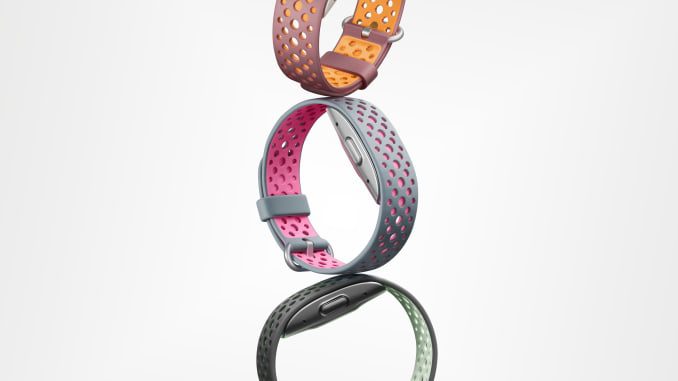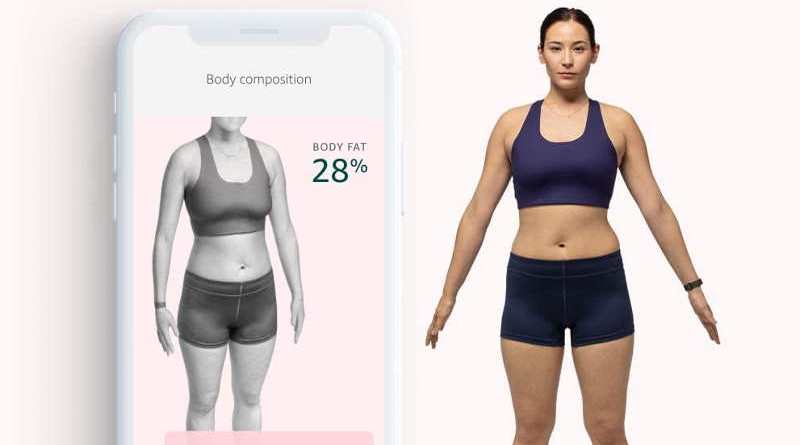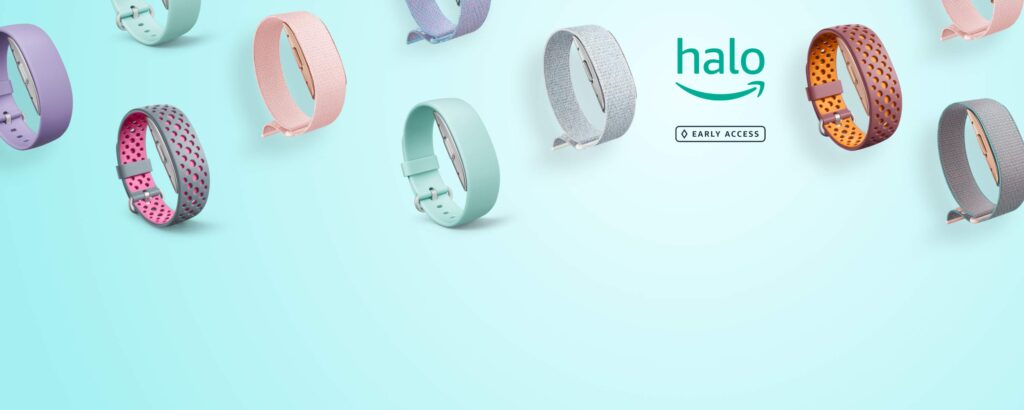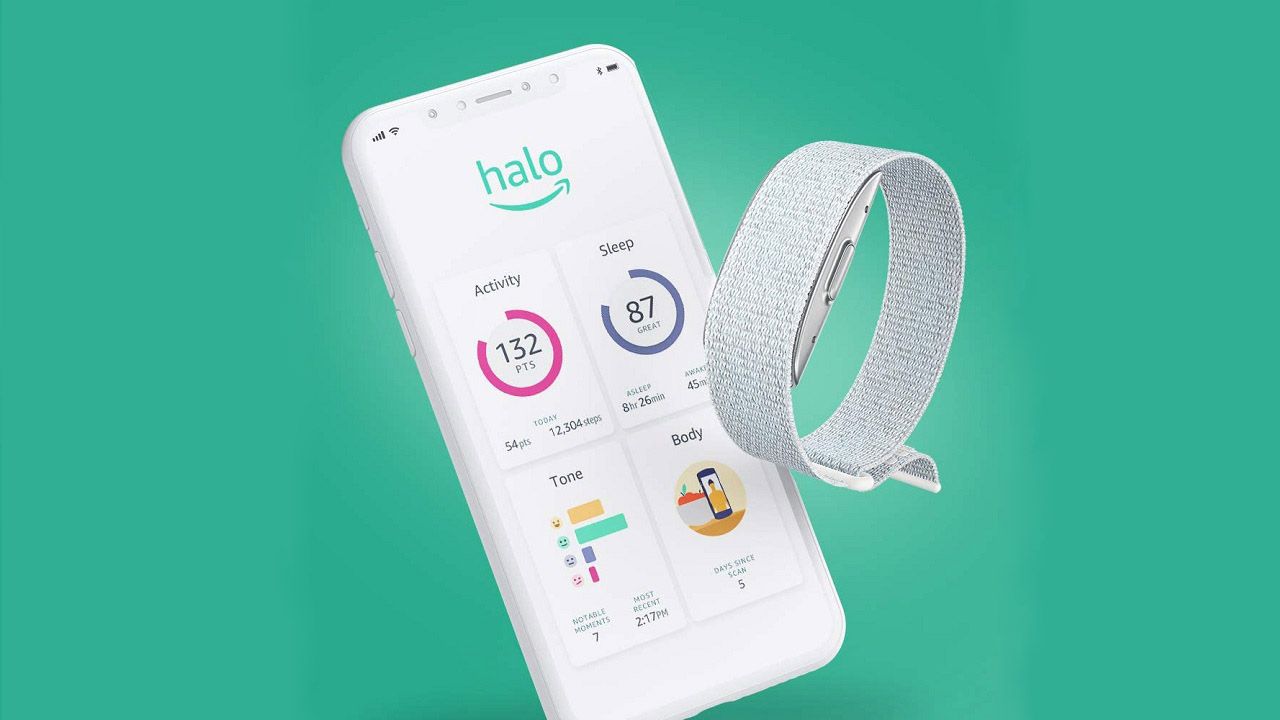Amazon has entered the world of health and fitness with Halo, a subscription service and fitness band that unlocks a range of health metrics, including activity, sleep, body fat, and tone of voice analysis (huh?), For determine how you sound to others.
Amazon Halo's entry into the fitness space is truly strange and ambitious. And you haven't heard anything yet.
Amazon Halo: no screen

Okay, sports enthusiasts and techies will like it a lot, but in the long run it can get tired. Better to stay with the mobile phone screen, the usual daily companion. The Amazon Halo band therefore looks like a Fitbit tracker, but without a screen
But there are sensors at will and a microphone (yes, for that tone of voice thing). The service is not yet available in Italy (, promising the foreign page where to see it).
I haven't had a chance to try it yet, but I have researched well: hear here.
What does the subscription include?
Membership starts during these 6 months of launch at a one-time fee of $65 (it will be $100 when the launch period ends) and $3,99 per month.
The basic fitness band is included in the Amazon Halo monthly price. One button and no screen - but it tracks your heart rate, steps and temperature.
An Amazon health band that analyzes your tone of voice and even allows you to scan your body fat may sound like Black Mirror stuff, but it does show some ideas in fitness never seen before.
Body fat analysis with the smartphone camera

Amazon thinks the concept of weight loss is flawed and that body fat is a much better predictor of health.
Most of us have been conditioned to obsess over our weight. The entire diet industry has been built on this principle with programs, apps and devices that only revolve around ways to lose weight.
But weight can vary on a daily basis based on very different factors: humidity, medications, menstruation and disease.
Also, a muscle is denser than fat and a scale cannot tell the difference between the two. If you try hard to build muscle and burn fat, you don't notice any change on the scale.
Rather than relying on weight, Amazon Halo focuses on body fat percentage, which is less volatile and takes much more time and work to change.
Amazon Halo scanning, between wonder and embarrassment

The best standard in the medical world for body fat analysis is a scan called DEXA, which in the laboratory can cost up to 100 euros.
The Amazon Halo app does everything using your smartphone's camera. After taking photos, the app calculates your body fat percentage based on your body markers and then creates a 3D model of your body.
The whole process takes a few seconds.
If you feel uncomfortable, it's not surprising: the idea of scanning your body with a camera is unusual and a little embarrassing. If you take photos like this to send them to a "healthcare" platform managed by Amazon, it is even more embarrassing. The 3D body models created by Amazon Halo look very detailed and personal. Not everyone would like to show them to others.
What about privacy?
Amazon obviously promises that the body scans made will remain on our phone and will not be shared with anyone, unless you choose to do so.
According to Amazon, “images are processed in the cloud, but encrypted in transit and processed within seconds, after which they are automatically deleted from Amazon's systems and databases. All scanned images are completely deleted within 12 hours. The scanned images are not viewed by anyone at Amazon and are not used for machine learning optimization.”
Amazon Halo and the tone of voice
Amazon Halo also offers tone analysis. Not the muscle tone, just the tone of the voice. The device analyzes the nuances of your voice to paint a picture of how you sound to others. It can let you know when you seemed out of place, for example. Strange function or not?
The fitness band has two built-in microphones to capture audio and encode emotional signals. Again, Amazon says it does not intend to analyze the content of the conversation, only its tone, and will not keep the audio samples collected. It takes periodic speech samples, isolates the wearer's specific voice in conversations, and provides analysis with related emotional tone words (like “happy” or “worried” in the Amazon Halo app).
The idea, according to Amazon, is to help guide you to deliver better tones of voice and speaking styles, such as good posture vocal form. It's not intended as a form of psychological analysis, but it seems awfully difficult to draw the line on a concept like this.
Amazon has been exploring the idea of emotional tone detection since at least 2018, but this is the first time it's approached the idea with a device. And Amazon seems open to exploring the idea on other devices, depending on the sales feedback it gets now. It's a very strange thing to wear a band for fitness AND for voice analysis. I honestly have no idea what that makes sense yet.
Sleep analysis with temperature detection
Third among the particular functions of Amazon Halo is the complete sleep analysis with a breakdown of the different phases and an overall score on the quality of sleep. The plus is the combination of this data with that of body temperature.
Amazon Halo tracks average temperature each night to help you identify changes that could impact your health and sleep quality.
At Amazon they have to care a lot, since the same vice president of Amazon Halo it is a personal goal to get his first score of 90+ for sleep quality.
What about the thermometer function?
Temperature has become a very important metric in the Covid-19 era: several wearable devices are incorporating the thermometer function. The Amazon Halo team is also pursuing research into detecting COVID-19 symptoms on its wearables, but has not yet outlined any specific studies or plans.

Monitoring of activities: the "report card" is weekly
Amazon Halo tracks physical activities based on information collected by the band. It can automatically track walks and runs, but (for now) all other activities will have to be noted by hand in the app.
Like other wearable fitness devices, it makes extensive use of gamification. It rewards for any type of movement or activity, gives more points for more intense workouts and deducts points for sedentary time. It does not keep a daily tally of activities: the score is based on the points accumulated during the entire week.
At least at launch, Amazon Halo won't connect to Apple's HealthKit or Google's Fit app, which puts it at a disadvantage. There are already so many people who are already deeply involved in both for health monitoring. Amazon is leaning on Weight Watchers and a few other third-party apps that will be able to connect to Amazon Halo health data.
Yes, but back to privacy
In short, there are a lot of features in Amazon Halo, and while they seem interesting and innovative, the biggest barrier to entry is privacy.
Sharing any kind of health data (let alone perhaps unflattering “self-portraits”) requires a higher level of trust, and you may not be ready to give Amazon that trust.
The company doesn't exactly have the most spotless reputation when it comes to keeping user data private. I would like to have the confidence that Steve Jobs had, but it's stronger than me: I can't.
Amazon Halo: A big question mark

In summary, Amazon is late in trying to occupy a space that already sees giants such as Google, Apple, Fitbit, Huawei. Amazon Halo is a real question, but it could represent a completely different philosophy from that of its competitors. After all, it's as much a platform as a wearable device.


